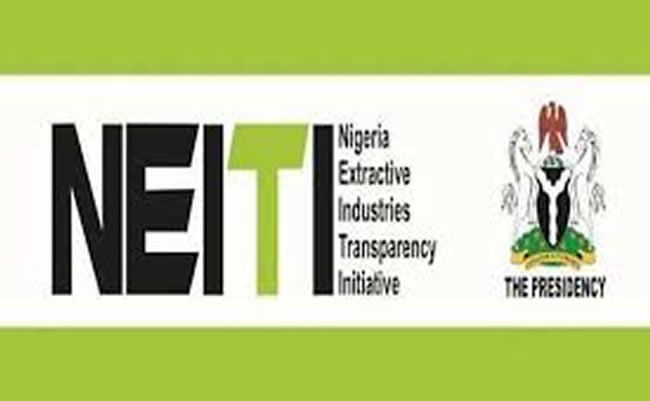The Nigeria Extractive Industries Transparency Initiative (NEITI) has warned state governments against excessive borrowing, cautioning that heavy debt servicing is eroding their ability to fund essential services, local infrastructure, and poverty reduction initiatives.
Describing the situation as a “silent fiscal emergency” undermining subnational economic stability, NEITI issued the warning in a statement signed by its Director of Communication & Stakeholders Management, Mrs. Obiageli Onuorah, on Sunday in Abuja.
The alert followed the release of NEITI’s latest Policy Brief, Beyond Federal Allocations: The Cost of Borrowings and Debt Servicing at State Level in Nigeria, which provides evidence-based insights into how high and unsustainable debt servicing obligations threaten state-level stability and diminish the developmental impact of extractive revenues.
NEITI explained that the study aligns with its statutory mandate under the NEITI Act 2007 and global EITI Standards, which require disclosures on revenue allocations and subnational transfers.
“States in Nigeria receive substantial monthly allocations from the Federation Account, much of it from extractive revenues,” the statement read. “However, when between 10% and 30% of these allocations are deducted at source for debt servicing, the fiscal space for grassroots infrastructure, social services, and poverty alleviation is severely diminished.”
The Policy Brief named Kaduna, Ogun, Bauchi, and Cross River as the highest debtors in 2024. Kaduna recorded the highest deduction ratio at 32.06% — ₦51.2bn deducted from ₦159.7bn in gross allocations. Ogun followed with 27% (₦33bn from ₦123bn), Bauchi with 26% (₦37bn from ₦142bn), and Cross River with 24% (₦28bn from ₦119bn).
In contrast, low-debt states such as Borno (2.63%), Jigawa (2.74%), Benue (3.58%), and Nasarawa (3.82%) retained over 95% of their gross allocations for direct development spending. Others in this category include Kebbi (4.06%), Bayelsa (4.46%), and Anambra (4.54%).
The report also flagged hidden liabilities and contractual risks, citing Ogun (₦6bn) and Ondo (₦7.73bn) as states with significant public-private partnership (PPP) obligations that could further strain fiscal space. Eighteen states, including Abia, Adamawa, and Akwa Ibom, recorded zero contractual deductions, reflecting more cautious borrowing practices.
NEITI warned that inequality in federal allocations could worsen fiscal disparities, noting that Delta State received ₦581.27bn in 2024 — more than five times the ₦108.32bn received by Nasarawa. Smaller-allocation states with high debt-servicing ratios risk deeper fiscal inequality and stalled regional development.
Key recommendations include establishing State Debt Management Offices (DMOs) in all 36 states, mandatory real-time debt reporting and quarterly public disclosures, linking federal bailouts to improved Internally Generated Revenue (IGR) and transparency, revising the revenue allocation formula, capping contractual deductions, and publishing full loan agreement terms.
“This is not a name-and-shame exercise, but a mirror and a map — a mirror to reflect fiscal realities, and a map to guide states toward resilience, transparency, and equitable growth,” said NEITI Executive Secretary, Dr. Orji Ogbonnaya Orji.
He cautioned that while debt can be a tool for financing grassroots development, “when servicing obligations consume up to a third of monthly revenues, it becomes a threat to the future of public service delivery and economic stability.”
The Policy Brief has been shared with the Federal Government, National Assembly, key MDAs, the National Economic Council, state accountants-general, commissioners of finance, and the Governors’ Forum. It is also available on NEITI’s website: www.neiti.gov.ng.














